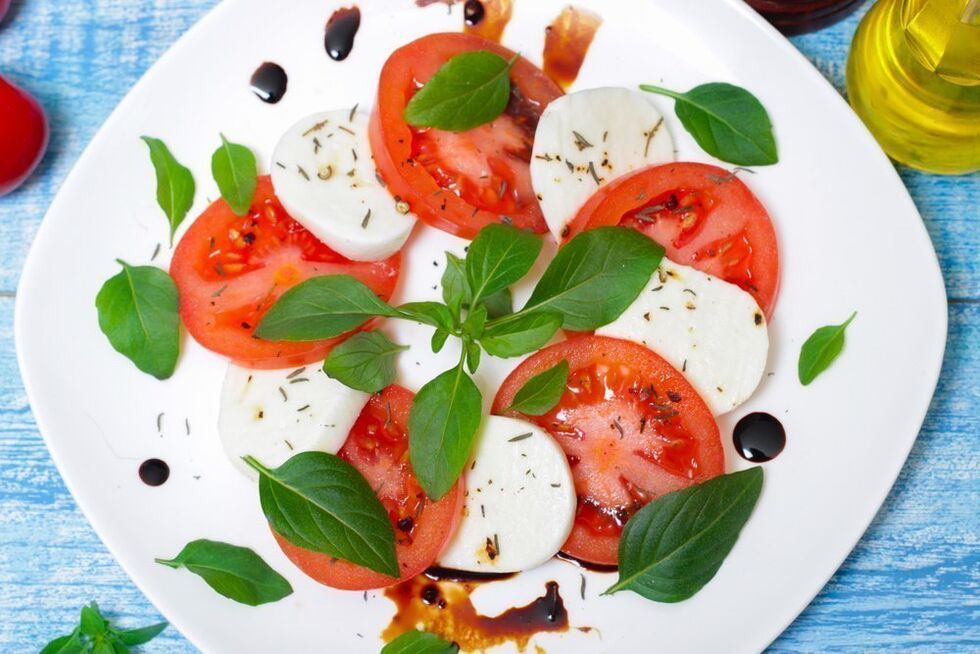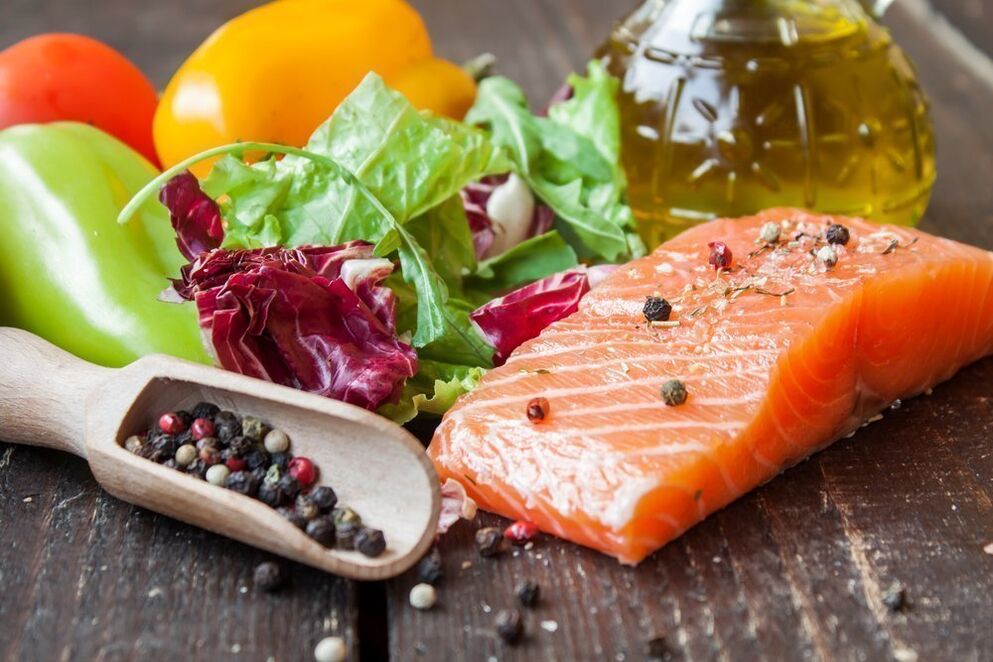Most nutritionists and doctors around the world agree that the Mediterranean diet has many health benefits. People who live in the Mediterranean suffer far fewer heart attacks, strokes, dementia and live longer and more active than many people from other parts of the world. In addition, coastal women rarely worry about being overweight, remaining slim and beautiful for many years. What is the secret of Mediterranean food? And why are the region's daily menus great for any diet?
1. Fresh food

The first thing that makes the Mediterranean diet so healthy is the freshness of the food. The inhabitants of this region consume a lot of fresh vegetables and fruits. Fast foods are also found there, but they are clearly not held in high esteem. Even if you need to quickly prepare a sandwich or spaghetti, Mediterranean people prefer to use fresh rather than processed food (vegetables, fruits, lettuce, cheese, etc. ) for the filling. Residents of the Mediterranean countries always try to buy food in trusted shops or from reliable merchants in the market in order to purchase truly high-quality and fresh products.
2. Low saturated fats
Another distinguishing feature of the Mediterranean diet is the predominance of monounsaturated fats in it. It is known that saturated fatty acids, and especially trans fats, are harmful to health, as they increase the level of bad cholesterol and can cause problems with the heart, blood vessels, and provoke the development of cancer. Instead of such substances, it is better to use healthier monounsaturated fats, which Mediterranean people do, happily leaning on olive oil and seafood. According to statistics, adherents of this approach suffer little from diseases of the cardiovascular system.
3. Minimum calories
Fans of the Mediterranean diet claim that you can lose weight with it much faster and tastier. Since the food in its composition is not only tasty, but also low-calorie. Of course, Mediterraneans also like to eat pastries or chocolate, but they rarely do it, preferring to focus on fresh vegetables, nuts, berries and fruits. And they prefer tasty and healthy seafood to fatty meat. This approach allows them to better control their calories and excess weight.
4. Food with wine

A glass of wine with dinner is quite common for most Mediterranean people. At the same time, they do not abuse alcohol, but prefer to drink it in moderation, believing in the beneficial properties of wine. The wonderful climate of this region makes it possible to grow a large number of grapes, which are used to make excellent natural wine without any harmful additives.
A reasonable dose of such a drink will not interfere with a healthy diet and may even provide health and beauty benefits. Nutritionists allow the use of a glass of wine a day for women and two for men. This improves digestion, heart function, lowers bad cholesterol, increases hemoglobin levels and mood in general. It is important to choose not sweet, but dry or table wines.
5. Satiety diet
Usually, when dieting, a person often feels hungry because he severely limits his menu. The dietary nutrition of the inhabitants of the Mediterranean is not based on restriction, but on a reasonable combination and selection of products. Instead of denying yourself another snack, it is better to agree to it, but at the same time choosing healthy foods. For example, Greeks, Turks and Italians prefer to snack on simple but healthy foods: low-fat cheese, olives, nuts and fruits. In Malta and Israel, they love hummus, a very satisfying and healthy snack made from chickpeas and nuts.
6. Weight of fiber
All fresh fruits and vegetables are high in fiber. It is necessary for the normal functioning of the body, including good digestion. Vegetable fibers saturate the body with energy. It is difficult to imagine a healthy diet without the presence of foods with fiber in the menu. In the Mediterranean diet, they are one of the main ones on the table. However, the abundance of fiber is undesirable for those who have problems with the stomach and intestines.
7. Energy supply for the whole day
Eating regularly high in fat and processed ingredients can cause brain inflammation, fatigue, loss of energy and drowsiness. Antioxidant-rich Mediterranean diet foods, on the other hand, are designed to improve physical activity and brain focus. Thanks to high-quality and fresh products, the inhabitants of this region suffer less from heart and brain diseases.
8. Harmless bread
Fans of flour products will especially like the Mediterranean diet, as bakery products are held in high esteem there and are actively included in the diet. But at the same time, there is one important nuance - the bread should not be made from white, processed flour, but from whole grains. It is often served with olive oil. Whole grain products allow better control of blood sugar levels and less harm to the figure.
9. Huge variety

The Mediterranean diet is based on fresh ingredients, most of which are grown and sourced locally. And this is a fairly large area, including different countries and cultures (Turkey, Greece, Malta, Italy, Spain, Morocco, etc. ). Each of them has a lot of their own national recipes and ways of preparing various products. Therefore, the Mediterranean diet can not be monotonous and boring. You can try new recipes at least every day, using natural and healthy products from the shores of the Mediterranean Sea.
10. Great taste
Do I need to say that Mediterranean dishes are distinguished by excellent taste? This is another important plus of such a diet. Juicy fruits and vegetables, lots of fresh fish, grilled meats combined with local herbs and spices can leave few people indifferent!
Despite all the above advantages of the Mediterranean diet, it is worth remembering about its possible contraindications. And before choosing it for a long time, it is useful to consult a nutritionist or doctor.













































































